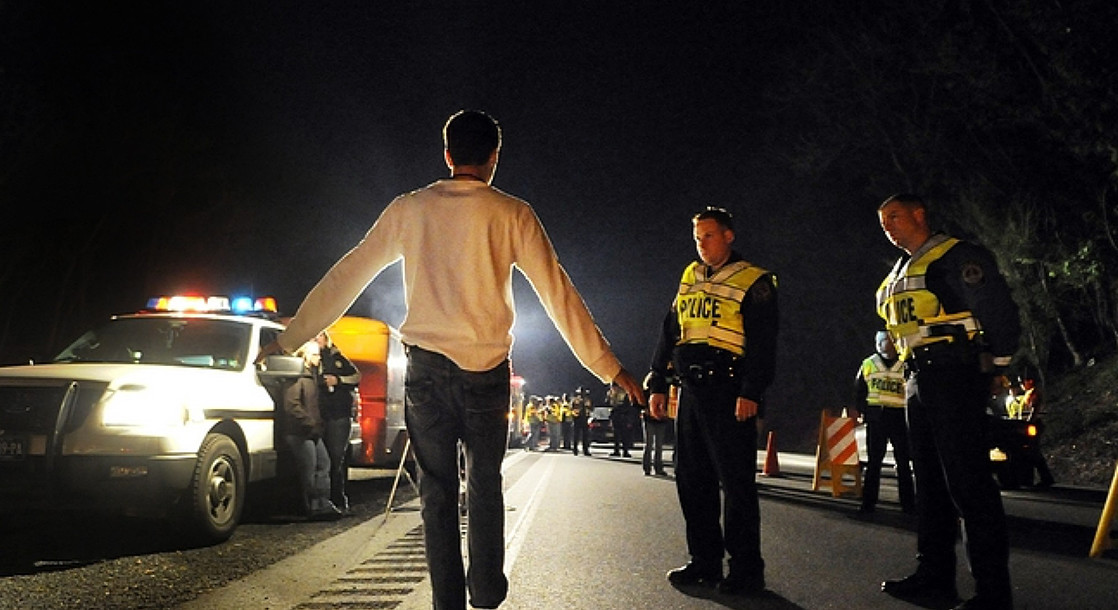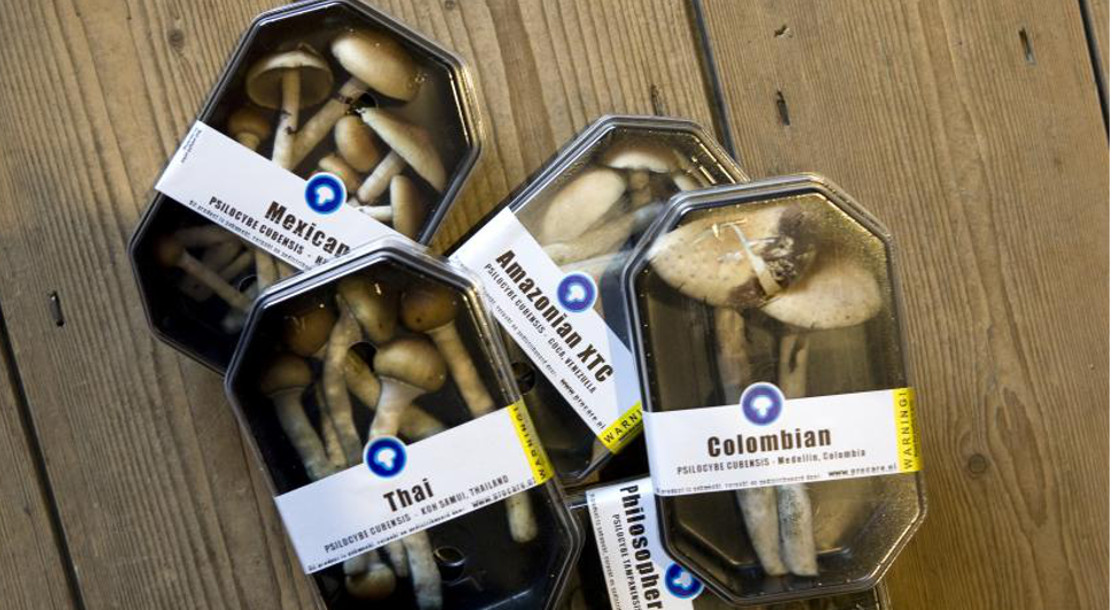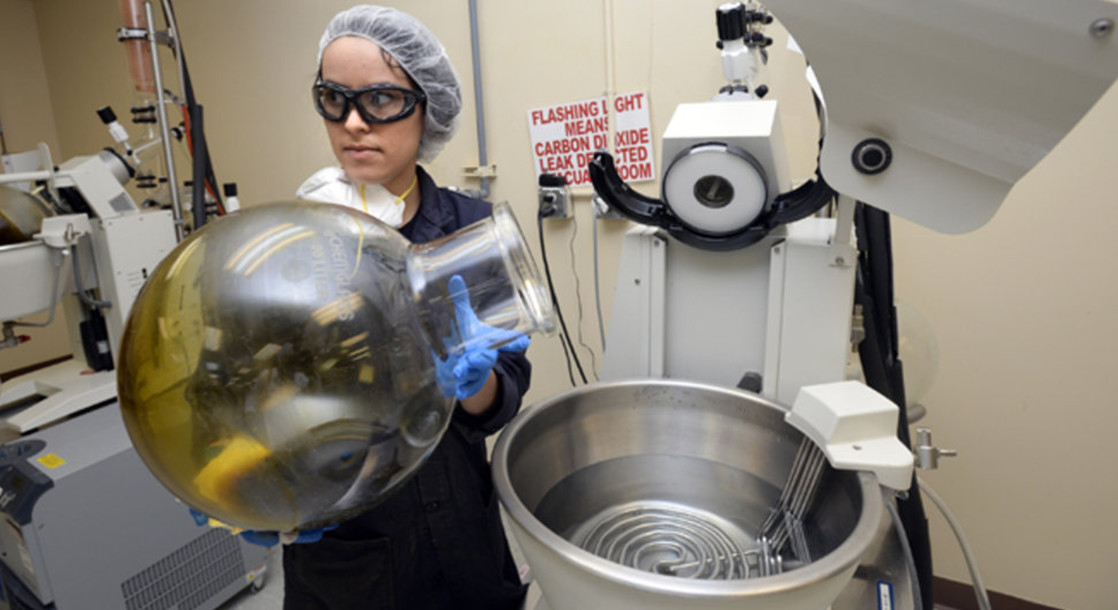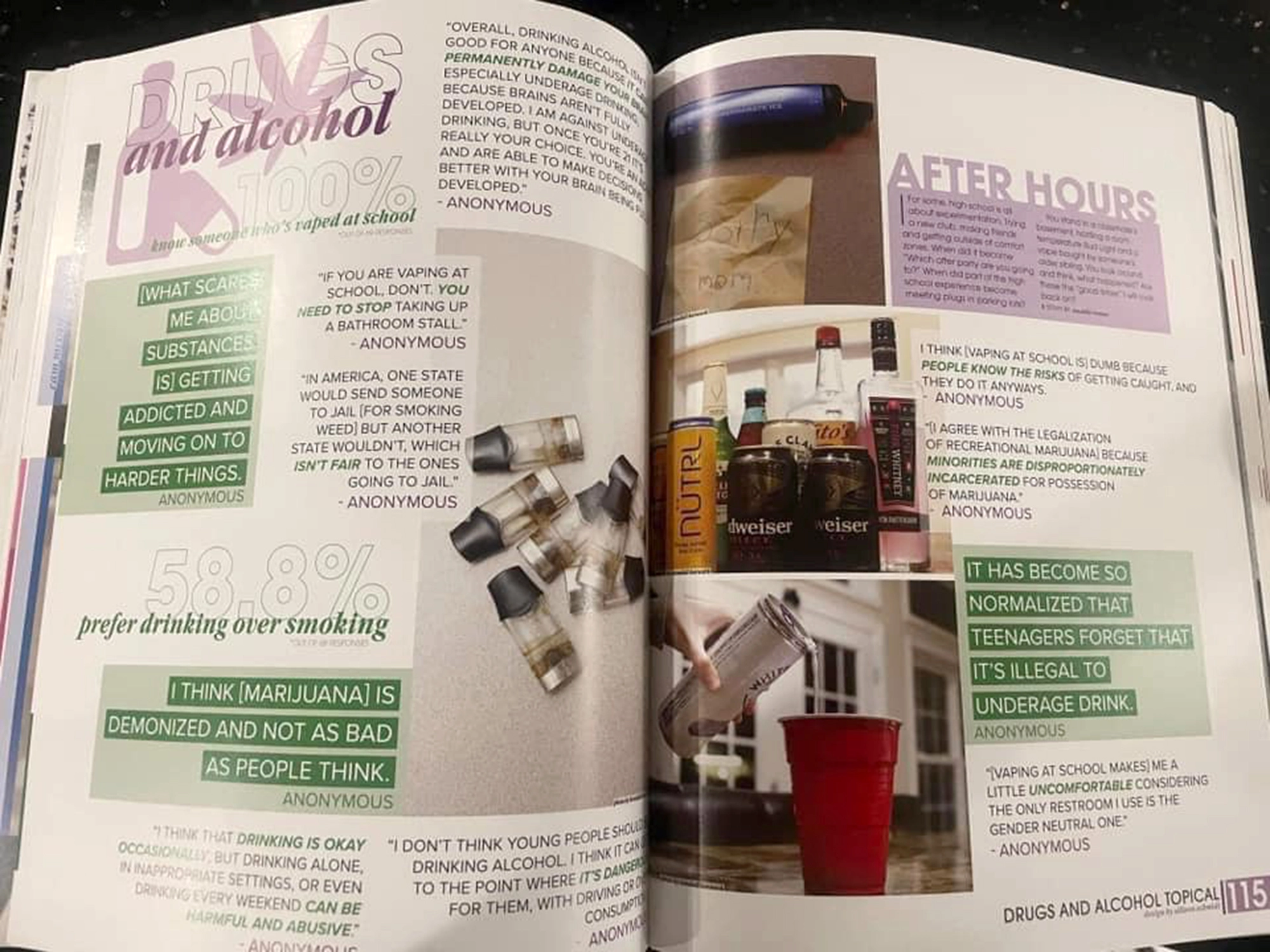As cannabis legalization sweeps the nation, scientists and law enforcement offices around the country have been scrambling to develop an accurate testing method for cannabis-related DUIs. At the moment, both marijuana blood tests and breathalyzers have proven unreliable. And while scientists believe they are getting closer to creating a viable testing device to detect THC levels, a group of police officers from Colorado and Wyoming recently teamed up to conduct their own unique case study.
Gathering in a hotel conference room in Denver, the 16 state patrol officers were first given a crash course on how to identify various marijuana products and paraphernalia when they pull someone over that they suspect could be driving under the influence of cannabis. Afterwards, the class examined four volunteers that agreed to get stoned and allow the officers to try and test their level of cannabis impairment.
They observed these legally high participants using a variety of tests, including math quizzes, balancing acts, estimating time passage, and remembering instructions. Needless to say, the results of the study seem hazy, with each volunteer performing differently on the roadside tests, despite all consuming similarly large amounts of cannabis together just moments before.
For example, a participant named Christine struggled with a number of the tests, while others passed them with ease. Another volunteer named Sharica Clark had the officers split on whether they would arrest her or not. Although they noticed that her pupils were huge and she struggled to touch the tip of her nose while her eyes were closed, her ability to stay balanced and recite the alphabet left the cops uncertain about how they would handle the hypothetical situation in a real-world scenario.
Although the class, headed by instructor Chris Halsor, only served to show how tough it is to gauge whether someone is driving under the influence of cannabis, it does expose a major issue for states with legal marijuana. Currently, the opinion of a police officer is the biggest deciding factor on whether someone is going to get arrested for a cannabis-related DUI.
The results of the focus group essentially show that two different cops could easily make conflicting decision on what could or could not be someone driving under the influence. Clearly, relying on personal opinions and police hunches is unreliable and dangerous, only highlighting the urgent need for more valid roadside testing methods.











